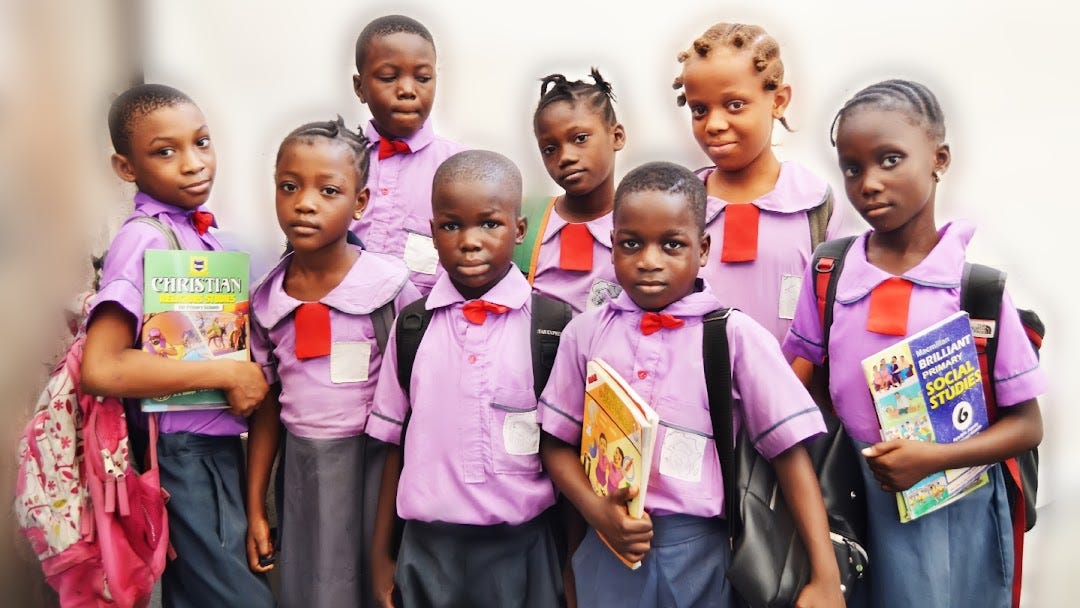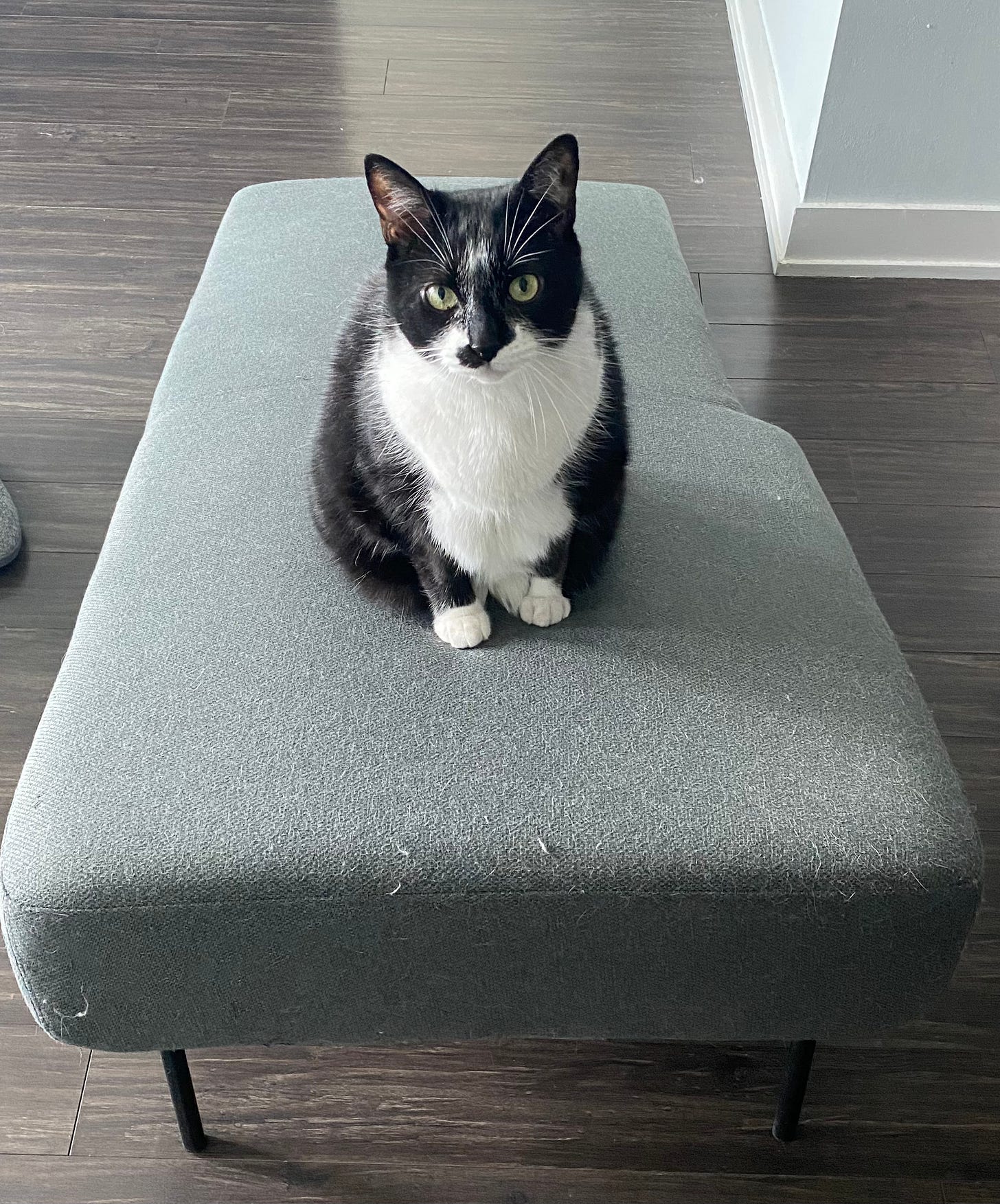This Nigerian school has an innovative fee payment plan
It's turning trash to tuition
Morit International School in Ajegunle, Lagos, Nigeria, has found a unique solution to address two community issues simultaneously.
It accepts plastic bottles as payment for tuition fees.
This not only helps clean up the environment but also provides accessible education for children who couldn't afford it otherwise.
The initiative also instills environmental responsibility in students by encouraging them to bring in plastic bottles daily.
Moving onto this week’s content. So today, we have👇🏽
A packaging-free shop that lands at your doorstep
Enjoy this beer while solving the problem of food waste
Some good news
Can I help you?
🛒 This packaging-free shop lands at your doorstep
Plastic panic…Supermarkets are filled with plastic these days. Everything we purchase is wrapped and rewrapped in plastic. Although plastic increases the shelf life of products(yes, it’s a good thing), it’s contributing to the existing plastic waste problem.
Pedal-powered pantry…Dutch startup Loos wants to tackle that in a unique manner. It has taken a gigantic bicycle and converted it into a huge dispensing machine. With 54 different dispensers and scoops, you can buy anything from pasta to detergent.
You would need to get an empty jar, container, or bag.
Fill it up with whatever you need and how much you need.
It operates on a fixed route and you can check that in advance.
Waste-free pop…It’s a perfect and convenient way to do packaging-free grocery shopping and save a ton of waste. It also has a pop-up shop, in case you miss the cart someday.
🍻Enjoy this beer while solving the problem of food waste
Food for thought…Food waste is a growing problem. In restaurants, supermarkets, and grocery retailers, what isn’t sold gets thrown away at the end of the day. Yes, it’s easier to dump it than donate it. This food ends up in landfills and releases methane, a much more potent greenhouse gas than CO2. All this is happening while around a billion people in the world are hungry.
Yeast conquest…4 students noticed this trend of food waste in Hong Kong. They saw loaves of bread being thrown away each day, which made them think- how can we save this and turn it into something useful? That’s how Breer was born. It collects unsold, uneaten, and surplus bread, and uses it to brew local craft beer.
Loaves of bread contain many of the ingredients that are used to make beer- grains like wheat, barley, and rye.
Breer collects leftover bread from bakeries and retail chains.
And then delivers them to partner breweries who upcycle that into beer.
App-Solute trace-ability…The process is tracked through their app, which covers the entire supply chain. It starts with Breer-runners collecting bread and delivering it to a storage facility. From there, the bread is dispatched to breweries. This system ensures complete transparency and credibility.
😹 Some Good News
Jet setback- Climate activists disrupt Europe’s biggest private jet fair.
Sealcomeback- Seals are making a comeback in Belgium.
Nuclear curtain falls- Germany ends nuclear energy era as last reactors power down.
🌎 Can I help you?
Apart from sharing climate-positive stories, I also work as a freelance content writer for planet-friendly brands.
Here’s some of the work that I’ve done in the recent past-
Feel free to reach out if you need (budget-friendly) help with your blogs, newsletters, or whitepapers.
Thanks for reading today’s edition.
You can share this newsletter with others in your network who might enjoy it.
📧 Hit reply to this email if you have content ideas, feedback, or notes of encouragement!
Click that 💚 if this added some value to you.
Have a great weekend and see you next week😊










I read about an Indian school doing something similar. https://www.theguardian.com/global-development/2020/nov/25/the-indian-school-where-students-pay-for-lessons-with-plastic-waste
On the subject of beer, did you catch the recycled water beer? They've just made it as a novelty, but it's to promote their greywater recycling system. They got some great publicity because it even made my favourite, the BBC World Service.
https://www.theguardian.com/food/2023/may/02/recycled-wastewater-beer-epic-cleantec-san-francisco-drought-california